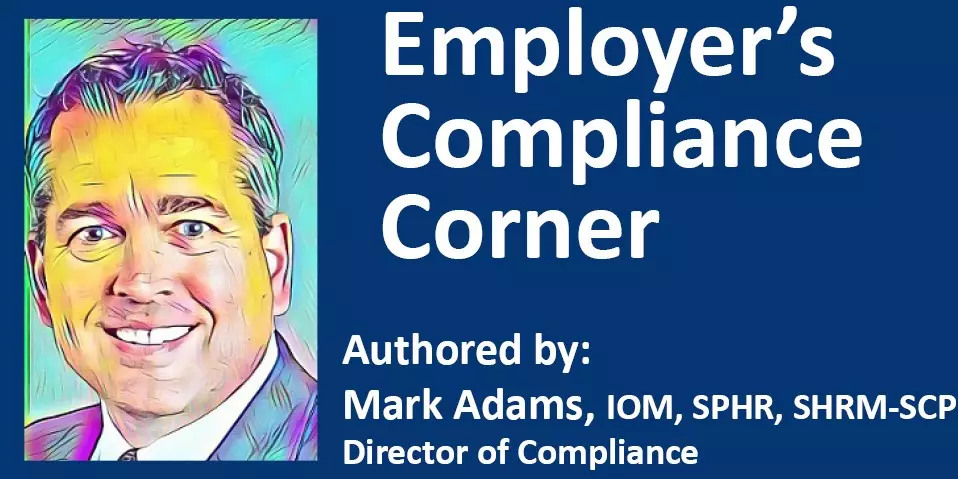
As the vaccine mandates imposed by the Biden Administration continue to come under attack (with lawsuits filed in 12 regional circuit courts the fifth circuit that has blocked the OSHA ETS for the time being), many employers have nonetheless sought to impose mandatory vaccination policies on their own accord. For employers with these programs in place, it is important to not overlook obligations to provide reasonable accommodations for those who cannot get vaccinated due to medical or religious reasons.
In its ever-evolving COVID-19 guidance, the Equal Employment Opportunity Commission (EEOC) has indicated that employers are required to undergo an interactive process when faced with these requests. The interactive process is nothing new. After all, the reasonable accommodation framework has its foundations in the Americans with Disabilities Act of 1990 and employers have grown accustomed to collaborating with employees and their health care providers to evaluate and implement alternatives that would allow for disabled workers to perform the essential functions of their job. So for employees with medical limitations impeding their ability to get vaccinated, employers understand the playbook when it comes to both validating those situations in the first place and to collaborating with employees (and their health care providers) towards a workable solution.
However, when it comes to workers with restrictions due to sincerely held religious beliefs, there is much greater skepticism and uncertainty in how to handle those requests. Here too, the EEOC has stepped in. According to its guidance, the EEOC has stated that employers are to generally assume an employee’s religious accommodation request is sincere in the first place even if their belief may not follow precisely that of formal religious or church doctrine. Starting from that position, employers are then permitted to make a “limited” inquiry when objective evidence exists to reasonably call the sincerity of the request into question. While the guidance does not provide examples showing when this threshold is met, employers should be prepared to introduce facts and events that would be beyond dispute. (Potential examples could come in the form of prior employee communications that indicate different motives to seeking exemptions prior to manifesting a religious concern about the policy, or perhaps comments or messages that reflect that they do not ascribe to a religion at all or perhaps to a different religion than the one that is forming the basis for the request, or perhaps the content of the request clearly appears to be developed by someone other than the employee themselves = or perhaps is identical to a request made by someone else….a “copy and paste” request if you would.) Questioning the belief based upon subjective, stereotypical, or employee morale concerns would not rise to meet that standard however.
In making the limited inquiry, employers can ask the employee to explain their reasoning behind their conclusions and beliefs. However, as religious beliefs can also be tied to, or based upon “non-traditional” faiths, obtaining third party documentation from a religious leader may not be possible. Additionally (as noted earlier), a person can still maintain their own religious belief even if their religious order has not chimed in on a subject (in this case –on the subject of vaccinations).
If it is established, then the duty to accommodate attaches unless it would pose an undue hardship to the employer. Depending upon the situation, job and working environment, accommodations could be to allow the unvaccinated worker to work from home, to provide an extended leave of absence until a different form of vaccine may be acceptable, to undergo and produce negative COVID-19 testing, to require mask wearing, to restructure or reallocate the work space of the individual to allow for greater physical distancing or combination of these initiatives.
Whether your company is instituting a mandatory vaccination policy proactively or whether it required to do so (due to some governmental obligation or regulation), remember the duty to reasonably accommodate could materialize. It is therefore prudent for your business to understand the scope, framework and options so that it can respond to those situations as quickly as possible in the future.
Thank you for viewing this article in EANE’s Employer’s Compliance Corner Blog, Authored by our Director of Compliance, Mark Adams. Please visit again soon to stay up to date on today’s compliance updates and best practices for employers.